If you participate in the romance slanted twittersphere, you may have heard the burble this week about #romancekills, the conversation surrounding a controversial article suggesting romance = porn for women = marriage destroyer.
I read the article which is written from a LDS perspective and features psychologist Dr. Juli Slattery (on a book junket) as the main proponent of an increase in clinical addiction to romance novels.
Hmmm.
If you have been reading my blog since the beginning, or even for a while, you probably know that I think romance novels have feminist leanings. Sure, some have explicit content which tittilates in a similar way as visual pornography, but the main difference between the two is that it is written for women, by women, about women.
I did some work in film theory as an undergrad and an article by Laura Mulvey (Visual Pleasure and Narrative Cinema) changed my life and my perspective about media. For a brief synopsis here is a clip from Mulvey’s wiki:
She asserts: “In their traditional exhibitionist role women are simultaneously looked at and displayed, with their appearance coded for strong visual and erotic impact so that they can be said to connote to-be-looked-at-ness,” [4] and as a result contends that in film a woman is the “bearer of meaning, not maker of meaning.” [5] Mulvey argues that Freud’s psychoanalytic theory is the key to understanding how film creates such a space for female sexual objectification and exploitation through the combination of the patriarchal order of society, and ‘looking’ in itself as a pleasurable act of voyeurism, as “the cinema satisfies a primordial wish for pleasurable looking.”
Romance novels provide a platform for women to objectify men, its true. But as we are daily subconsciously saturated with the objectification and exploitation of women, romance novels provide a safe haven to explore our sexuality without the burden of being, as Mulvey says, the bearer of meaning. (read more about #romancekills conversation here)
On a less serious and academic level, I owe historical romance novels a debt of learning that I hope to repay by continuing dedication to this blog and my own storytelling.
Here is a snapshot of all the things I have learned (besides romance) from romance novels
- A lot about history. There is nothing like immersion to teach you a subject, and romance novels excited a true love of history within me. It is often remarked that the winners write the history books. Maybe thats why I thought for a long time that history (as a subject was boring); many of the books are written by men and therefore focus on conflict and crisis (conditioned manly topics). Romance novels breath life into history and give us a look at people, perspectives and relationships. They also give us a taste of the food and music, which I think is the best way to learn about a culture (even one in the past)
- That I am really glad fashion has progressed to be more gender neutral. I can’t imagine having to strap into a corset daily.
- That a life of leisure is overrated. Having a passion and purpose is what makes life living.
- No matter what era, what gender, or what economic background human needs and wants are generally the same. Numero uno: to be loved.
You get the point.
I invite romance novel critics to invest a little time into actually reading a couple of romance novels. Once you get passed the formulas (including any bodice ripping) you can dig down to the nuances where the writers (the good ones, anyway) really get to explore themes important to todays (and yesterday’s) woman.
Because unlike porn, women don’t just read romance novels for sexual gratificaiton.

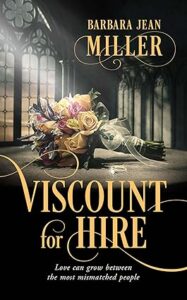
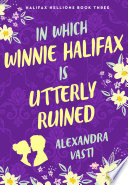
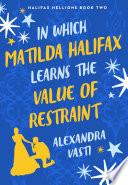
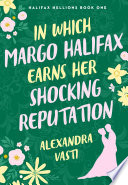

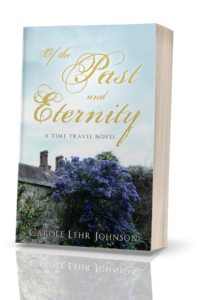




I have enjoyed visiting your Blog!
After reading mystery stories for 50 years filled with murder and mayhem, I walked up to my local librarian and said, “ARE there any books where men and women like each other!” The rest, as they say, is history. More interesting yet, to me at least, I only read Regency romance novels. Love ’em.